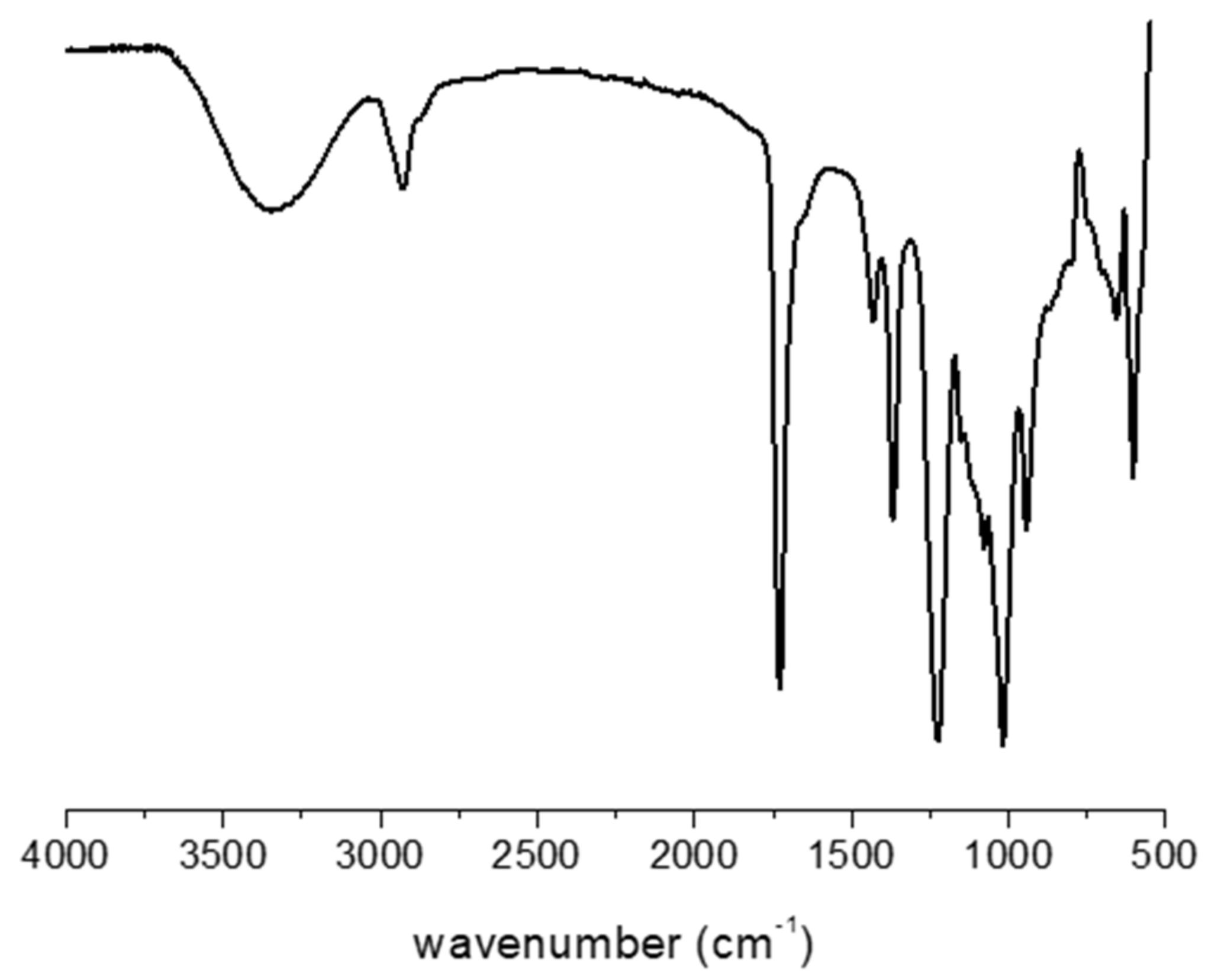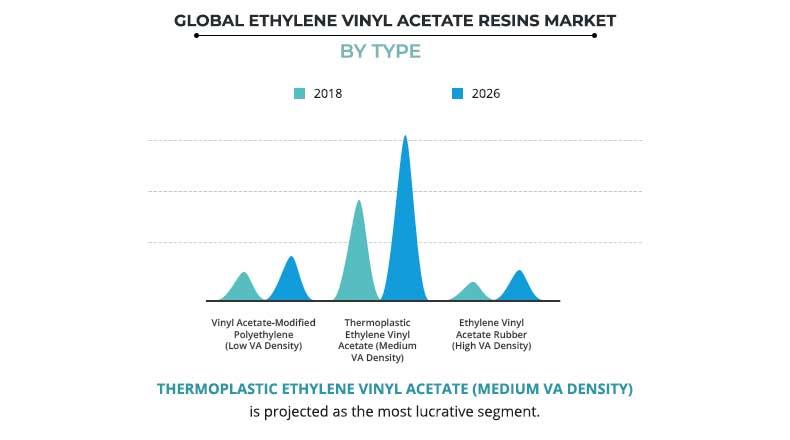Ingredients linked to developmental and reproductive toxicity a broad class of health effects that range from infertility and reproductive organ cancers to birth defects.
Polyethylene vinyl acetate cancer.
How likely is vinyl acetate to cause cancer.
Vinyl acetate caused tumors in the noses of rats that breathed 600 ppm for 2 years.
The international agency for research on cancer has determined that vinyl acetate is not classifiable as to its carcinogenicity to humans.
Pvc is a known carcinogen and should generally be avoided where possible.
Developmental reproductive toxicity developmental and reproductive toxicity.
Occupational safety health administration provides information about exposure limits to vinyl chloride.
Polyvinyl acetate is a type of plastic manufactured from a chemical called vinyl acetate which causes cancer tumors in lab rats according to the international agency for reasearch on cancer.
Vinyl chloride exposure is associated with an increased risk of a rare form of liver cancer hepatic angiosarcoma as well as brain and lung cancers lymphoma and leukemia.
How can exposures be reduced.
Vinyl acetate ch 2 cho 2 cch 3 is prepared from ethylene by reaction with oxygen and acetic acid over a palladium catalyst under the action of free radical initiators vinyl acetate monomers single unit molecules can be linked into long branched polymers large multiple unit molecules in which the structure of the vinyl acetate repeating units is.
Like many plastics it is difficult to biodegrade.
Vinyl acetate is also used to produce paints coatings adhesives wires and cables and safety glass.
As of 2014 eva has not been found to be carcinogenic by the ntp acgih iarc or osha and has no known adverse effect on human health.
Poly ethylene co vinyl acetate vinyl acetate 12 wt.
There is no evidence that vinyl acetate causes cancer in humans.
Melt index 8 g 10 min 190 c 2 16kg sorry we cannot compare more than 4 products at a time.
According to the agency for toxic substances and disease registry there is no evidence to show that vinyl acetate is a human carcinogen although the international agency for research on cancer believes there is some limited evidence that it is possibly carcinogenic to humans 3 this is a verified and trusted source.
In 2008 the canadian government was so concerned about the use of vinyl acetate in chewing gum it added it to a list of substances to be scheduled for virtual elimination because of its.
The international agency for research on cancer iarc has determined that vinyl acetate is possibly carcinogenic to humans group 2b.
Polyethylene vinyl acetate has recently become a popular alternative to polyvinyl chloride because it does not contain chlorine.









